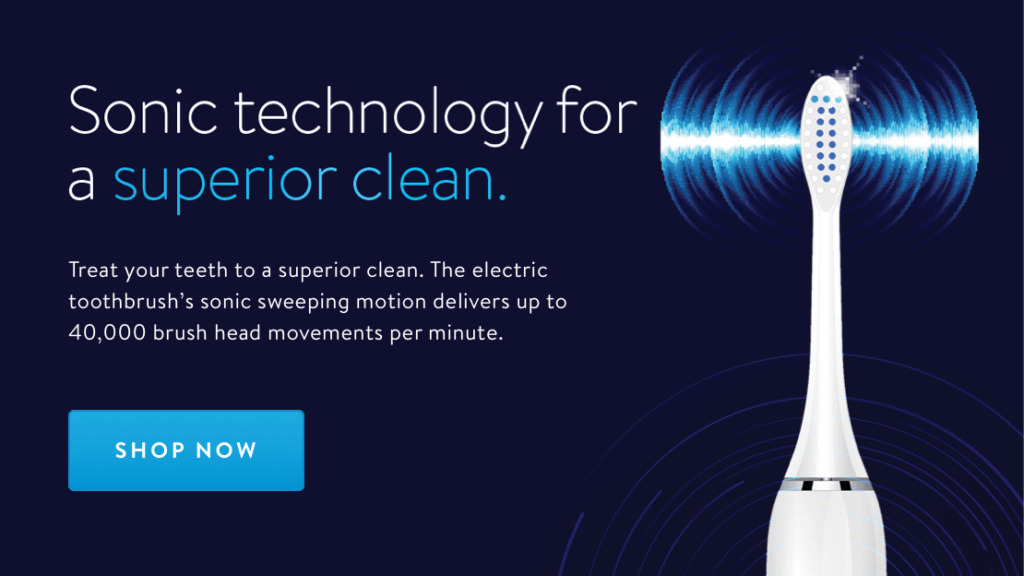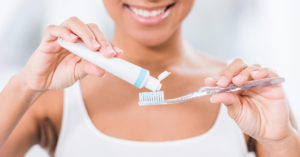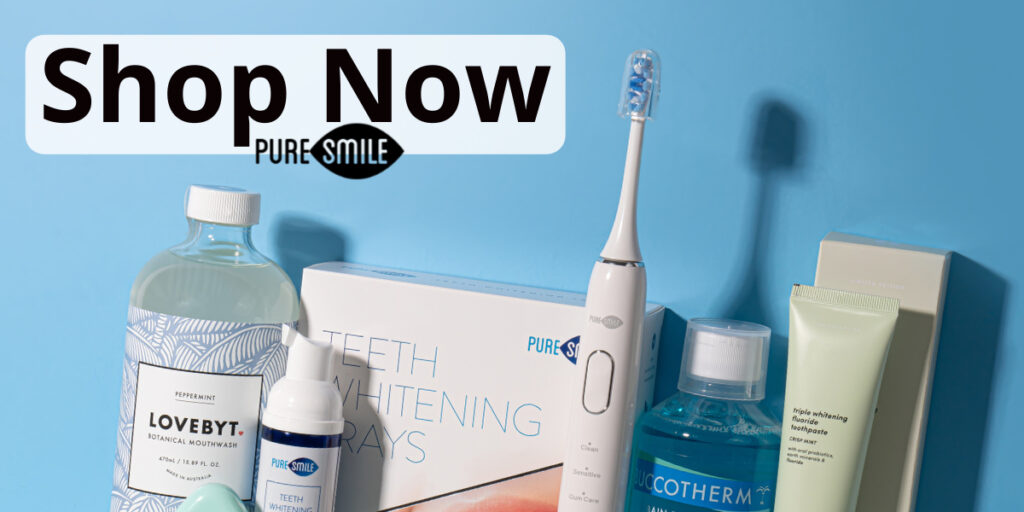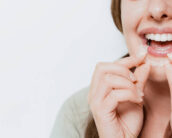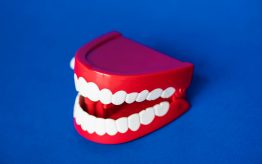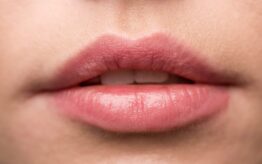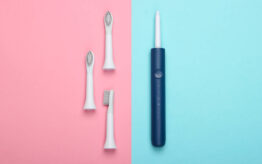To smile is to express yourself to others. Socially, it is one of the most key communicative tools we possess. So, when you’re missing a tooth, no wonder it can stand out like a sore thumb. Even though this can sometimes be associated with old age (or growing up, aka shedding baby teeth), losing teeth can be one of the most embarrassing parts of life. Wouldn’t you like to hold onto your pearly whites for as long as possible? To see how you can not take your teeth for granted, it’s important to be informed on the common tooth loss causes and preventative measures you can take.
Did you know that, on average, Australian adults are missing about five teeth?
It’s typical to lose your baby teeth when you reach the age of six to 12. It’s all just a part of growing up. But it’s an entirely different thing when you lose teeth during adulthood. Surely, tooth loss is also often associated with old age. But just because you’re on the younger side doesn’t mean your teeth are invincible. Tooth loss can occur for many adults, so it’s important to be aware of the causes and solutions.
Most common reasons for losing your teeth
Unfortunately, your teeth aren’t indestructible. There is a reason why your dentist will urge you to take care of them. Gum disease and tooth decay is the main reason for this. Both issues are easy to cause and can result in tooth loss or serious damage. Among the middle-aged and elderly, gum disease is the leading cause of tooth loss.
If you’re on the younger side, the more likely cause of tooth loss or decay is trauma. Trouble from tooth trauma can happen through falls or sporting accidents. Do you play high-contact sports like water polo, football or rugby? Wearing the right mouthguard should be your number one priority. A mouthguard can greatly reduce your risk of dental trauma.
Another culprit behind missing teeth is tooth decay, which can be linked to your dietary choices. The organic acids, which are produced from the metabolism of sugar, can cause the pH of the teeth environment to fall below 5.5. This, in turn, leads to enamel demineralisation that results in dental caries often characterised by painful and sensitive teeth. On the other hand, a low-sugar diet supports enamel remineralisation.
Moreover, when tooth decay is not addressed properly, it leads to cavity formation that exposes the tooth pulp to bacterial infection. And when left untreated, dental caries can impact deeper layers. The result? Tooth abscesses and other serious health issues.
How missing teeth can make eating a pain
Losing baby teeth is a rite of passage; it happens to give way to permanent teeth to come through. But when you’re an adult, tooth loss is not only bad news for your looks but also for your comfort. The everyday activity of chewing food can be changed forever because of tooth loss. Having an impaired ability to chew food can have serious on both your overall well-being and oral health.
Researchers have found links between your general health and chewing ability. They theorised that this is because your diet is impacted by your ability to chew, which affects your broader health.
How can you prevent tooth loss?
So, what can be done? If you’ve got a gap in your smile, don’t worry. You can replace your missing teeth with dental implants. These replace both the adult teeth and the roots and are implanted surgically into the jaw. The gap of the missing tooth is then topped off with a crown.
These dental implants are likely to last over eight years. However, if poor dental hygiene and smoking habits are continued after the procedure, the implant will become more likely to fail. So you shouldn’t only focus on replacing missing teeth. You must also practice good oral hygiene habits to protect your implants and the rest of your adult teeth.
Something you can do straight away is to practice prevention strategies against dental decay or gum disease. The following tips would help a great deal, especially if you eat a lot of sugary foods and consume soft drinks and other sugary or acidic beverages.
- Use fluoride toothpaste irrespective of whether you live in a fluoride-rich area or not.
- Eliminate or limit the amount and frequency of sweet drinks to minimise cavities and prevent dental disease.
- Don’t sip sugary soft drinks. Instead, try drinking with a straw to minimise contact with your teeth.
- Brush and floss your teeth twice daily.
- Visit your dentist regularly for check-ups.
- Restrict the amount of sugary foods eaten and keep it to meal times rather than in regular snacks.
- Chew sugarless gum between meals to increase saliva.
- Eat dairy food items like cheese when you have a high intake of fermented carbohydrates and other sugars.
- Don’t forget to drink plenty of water.
It’s an easy fix with PureSmile.
Ultimately, the best prevention tip against tooth loss is upholding strong dental hygiene. You can help protect your oral health by visiting your dentist regularly for routine check-ups every six to 12 months. Here at PureSmile, our teeth whitening packages may also include a dental check-up that can help address your missing teeth.
Don’t waste time!
Are you overdue for a check-up? Or maybe you just need the correct teeth-cleaning tools. Click here to browse PureSmile’s large range of teeth cleaning/whitening products.
